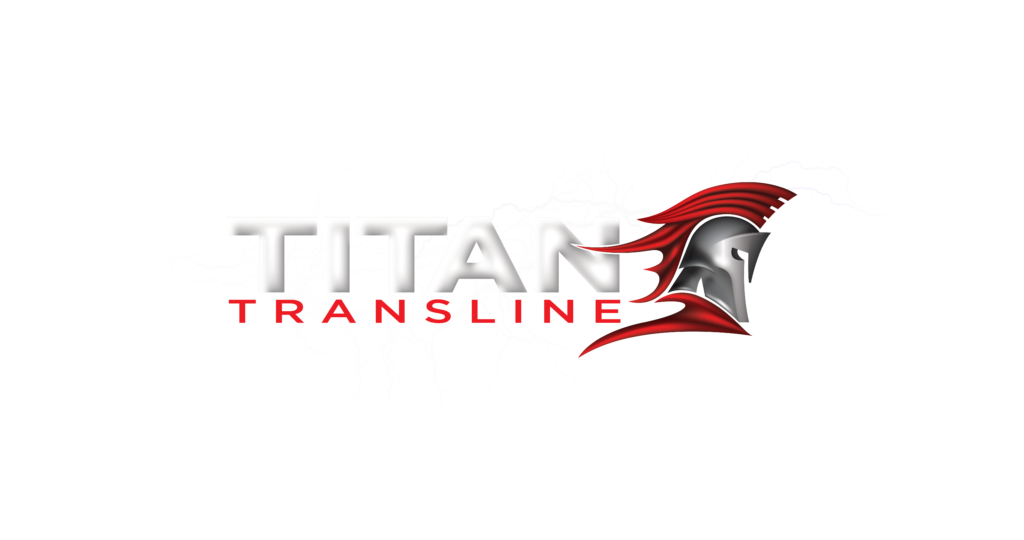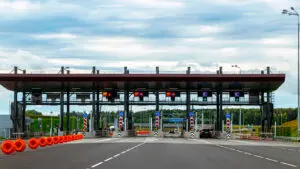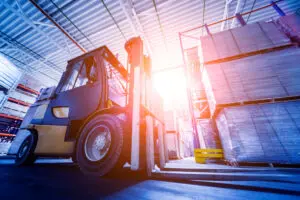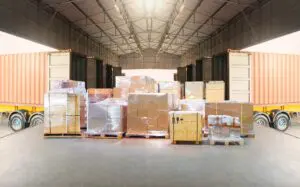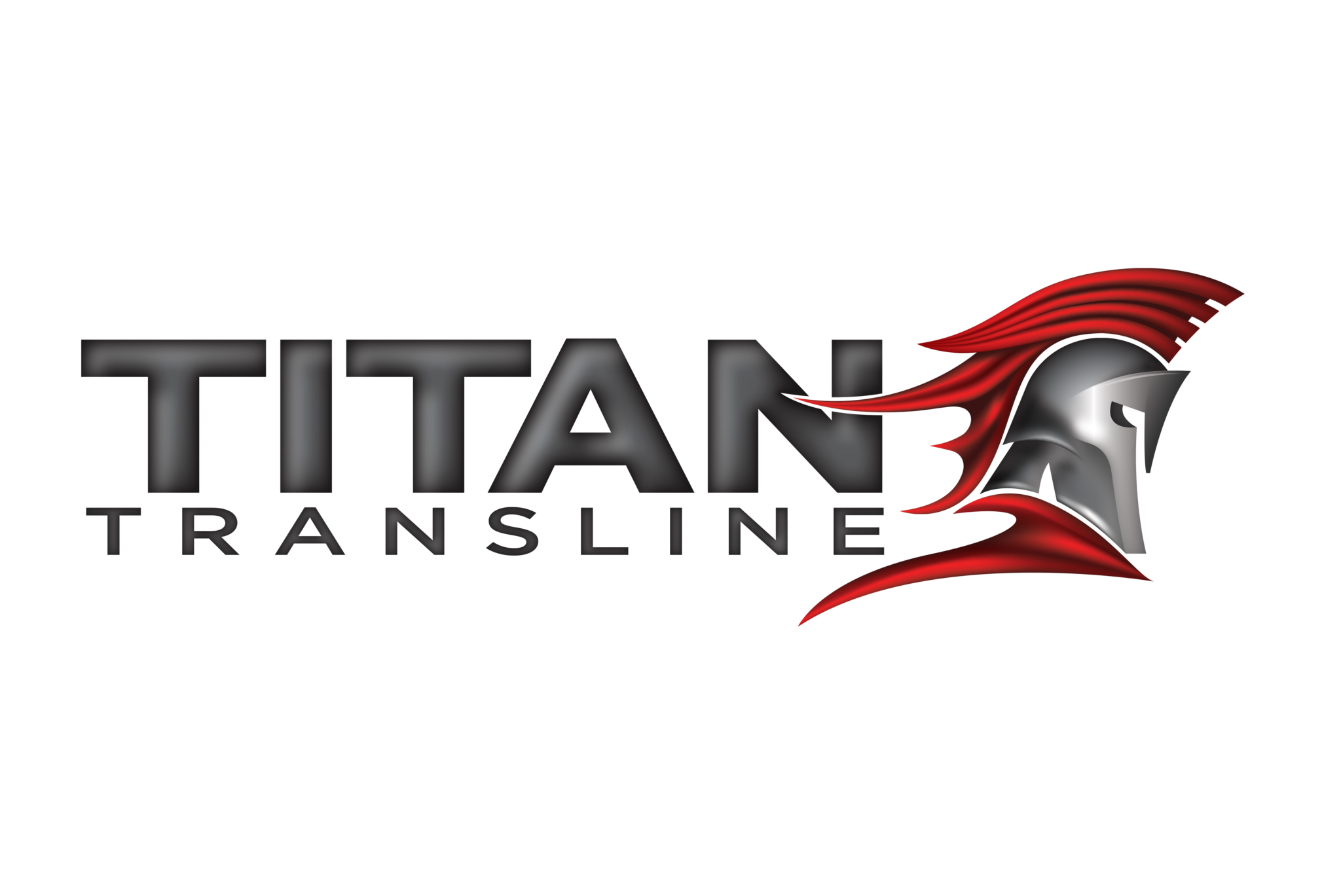When goods move from one place to another—whether by truck, ship, rail, or air—they face countless risks. Damage, loss, or theft can occur at any point in transit, which is why freight insurance is essential. It safeguards your loads by ensuring that if something goes wrong, you’re not left absorbing the full cost.
This guide explains how freight insurance works, how it differs from a carrier’s basic liability, and the key distinctions between standard carrier liability and declared value insurance options—so you can make informed decisions to protect your cargo and your bottom line.
What Is Freight Insurance?
Freight insurance—also called cargo insurance—provides coverage for goods while they’re in transit. It protects shippers and consignees against financial losses resulting from damage, theft, or non-delivery.
While a carrier’s liability insurance (such as a trucking company’s policy) offers some protection, it’s often limited. Freight insurance fills those gaps by offering broader coverage and faster claims resolution, ensuring your business stays on track even when unforeseen events occur.
How Freight Insurance Protects Cargo
Every shipment faces potential hazards: rough handling, shifting in the trailer, traffic accidents, severe weather, or even cargo theft. Freight and trucking insurance protect your goods by:
-
Compensating for physical loss or damage: If freight is damaged in a collision or stolen, the insurer reimburses the declared or insured value.
-
Covering multiple transit modes: Whether shipping by truck, air, rail, or ocean, policies can be tailored for multimodal shipments.
-
Providing peace of mind: Businesses can plan logistics with confidence, knowing their goods are protected beyond the carrier’s basic limits.
Standard Carrier Liability vs. Declared Value Insurance
When shipping goods, it’s critical to understand the difference between a carrier’s standard liability and declared value insurance coverage.
Standard Carrier Liability (Carrier’s Default Liability)
Under the various provincial Uniform Conditions of Carriage regulations—adopted by most provinces and imposed on motor carriers—a carrier’s liability for loss or damage to goods is limited unless the shipper declares a higher value. For example:
-
In Ontario Regulation 643/05 (“Carriage of Goods”), unless a higher value is declared, the carrier’s liability is the lesser of:
(i) the value of the goods at the time and place of shipment (including freight and other paid charges), or
(ii) $4.41 per kilogram of the shipment’s total weight. -
Many carriers’ standard terms similarly limit liability to about $2.00 CAD per pound (≈$4.41 CAD per kilogram) unless a higher value is declared.
-
Notice requirements also apply—for instance, the receiver must note damages on the Bill of Lading (BOL) upon delivery and notify the shipper or carrier promptly.
In short: if you ship high-value goods without declaring their worth, compensation for loss or damage will likely be limited to a per-weight amount—often far below the true value of your shipment.
Declared Value Insurance
Declared value insurance allows shippers to declare the full value of their goods on the Bill of Lading or shipping contract, increasing the carrier’s maximum liability accordingly. By declaring a higher value and paying the associated premium, the shipper ensures that any potential claim reflects the shipment’s actual worth rather than the default per-weight limit.
For example, if a shipment valued at $50,000 is damaged in transit and the declared value is recorded and accepted by the carrier, the claim settlement will be based on that declared amount—subject to policy terms—rather than a minimal statutory limit.
Declared value insurance gives businesses greater financial protection and control over their risk exposure. It’s an effective way to ensure your shipments are covered for their true value, providing peace of mind every step of the way.
Why Declared Value Insurance Matters
In today’s complex supply chains, even a single damaged or lost shipment can create costly disruptions. Relying solely on a carrier’s standard liability often leaves shippers underprotected—especially when moving high-value or time-sensitive freight.
By declaring the full value of your shipment, you can:
-
Protect against significant financial loss in the event of damage, theft, or non-delivery
-
Ensure claim settlements reflect the true shipment value rather than minimal per-weight limits
-
Enhance customer confidence by demonstrating a commitment to protecting their products
-
Strengthen your business continuity, keeping operations running smoothly even when the unexpected happens
Declared value insurance isn’t just an optional add-on—it’s a proactive way to manage risk and safeguard your cargo investment.
Protect Your Freight with Titan Transline
At Titan Transline, we understand the importance of protecting every shipment—no matter the size, destination, or value. Our team provides expert guidance on freight insurance, declared value coverage, and custom transportation solutions across Canada and the U.S.
Whether you’re moving a single pallet or a full truckload, Titan Transline helps you choose the right level of protection so your cargo is secure from pickup to delivery.
👉Reach out to Titan Transline today to learn more about freight insurance options and get a personalized shipping quote.
